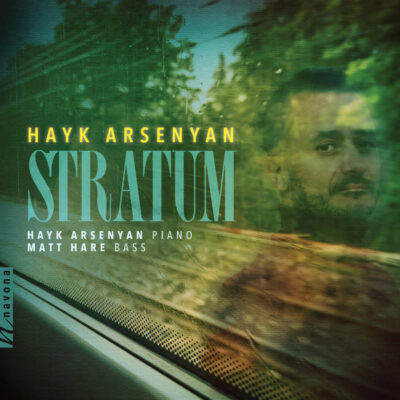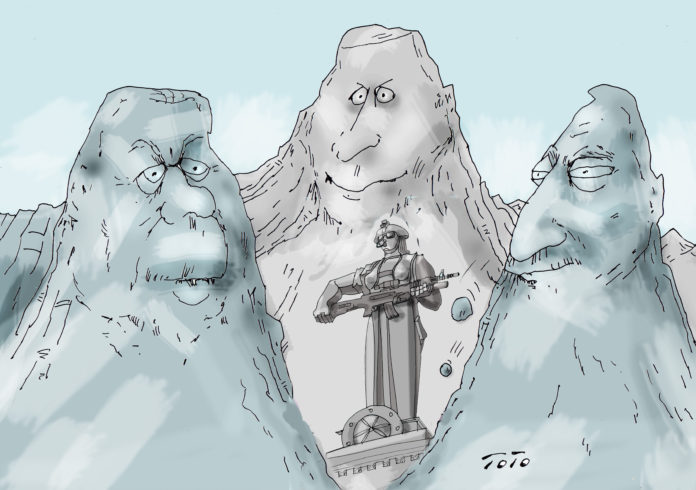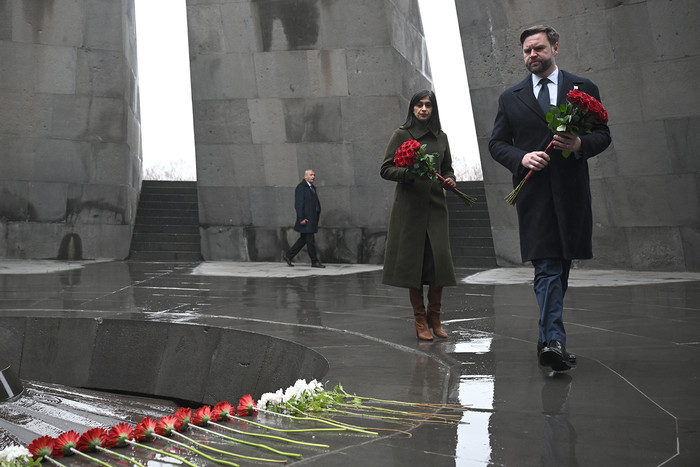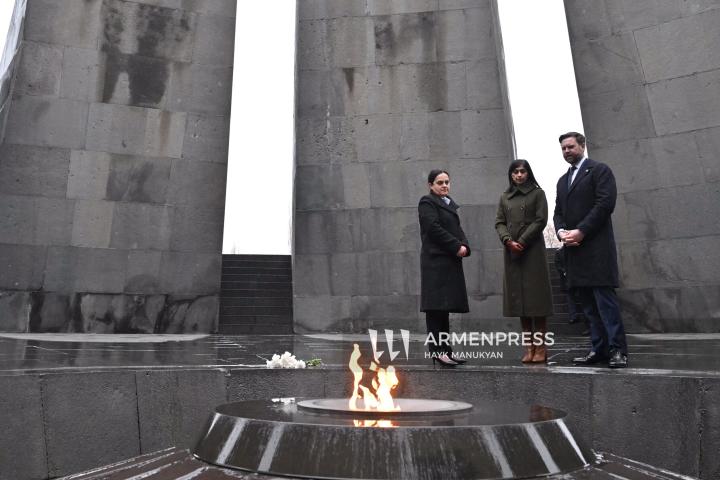Along with the recognition of the genocide by Turkey, Armenians entertain the dream of recovering historic Armenia, based on the Treaty of Sèvres of 1920 and the pledge made by President Woodrow Wilson on behalf of the international community. At this point, the achievement of that dream does not seem realistic, because it depends mostly on the relative military power and political clout of Armenia and Turkey.
While Armenians dream of the emancipation of Western Armenian territories, unbeknownst to them a plan is shaping up about the very territory of the current Republic of Armenia itself.
Indeed, a plan has been hatched in Turkey by some Azerbaijanis to liberate the current territory of the Republic of Armenia to establish there a new country and government called the Republic of Western Azerbaijan. The news may raise some eyebrows and cause disbelief, but if we analyze the political crosscurrents in the region and reveal the source of the news, it becomes deadly serious.
The source of the news is Paul Goble, whose name is associated with an outrageous political plan which was floated first as a trial balloon, only to become eventually a major issue in a deal between Armenia and Azerbaijan.
This was the Meghri plan, which at first was not taken seriously, but when Presidents Robert Kocharyan and Heydar Aliyev met in Key West, it was almost a done deal. When Aliyev senior returned home, he refused to finalize it. Had they signed the agreement for a territorial swap, it would have been a blunder of historic proportions for Armenia. It would have been a strategic nightmare both for Armenia and its neighbors, particularly Iran.
The plan called for Armenia to cede Meghri to Azerbaijan in exchange for Azerbaijan’s acknowledgment of Nagorno Karabakh as part of Armenia. Had the plan been carried out, Azerbaijan would have possessed contiguous territory around Armenia after absorbing the autonomous Republic of Nakhichevan, a territory historically claimed by Armenia. Additionally, Armenia would lose its borders with Iran, the only reliable country through which Armenia could communicate with the outside world. And finally, the deal would have gifted an open door to Pan-Turkic designs of Turkish leaders.







